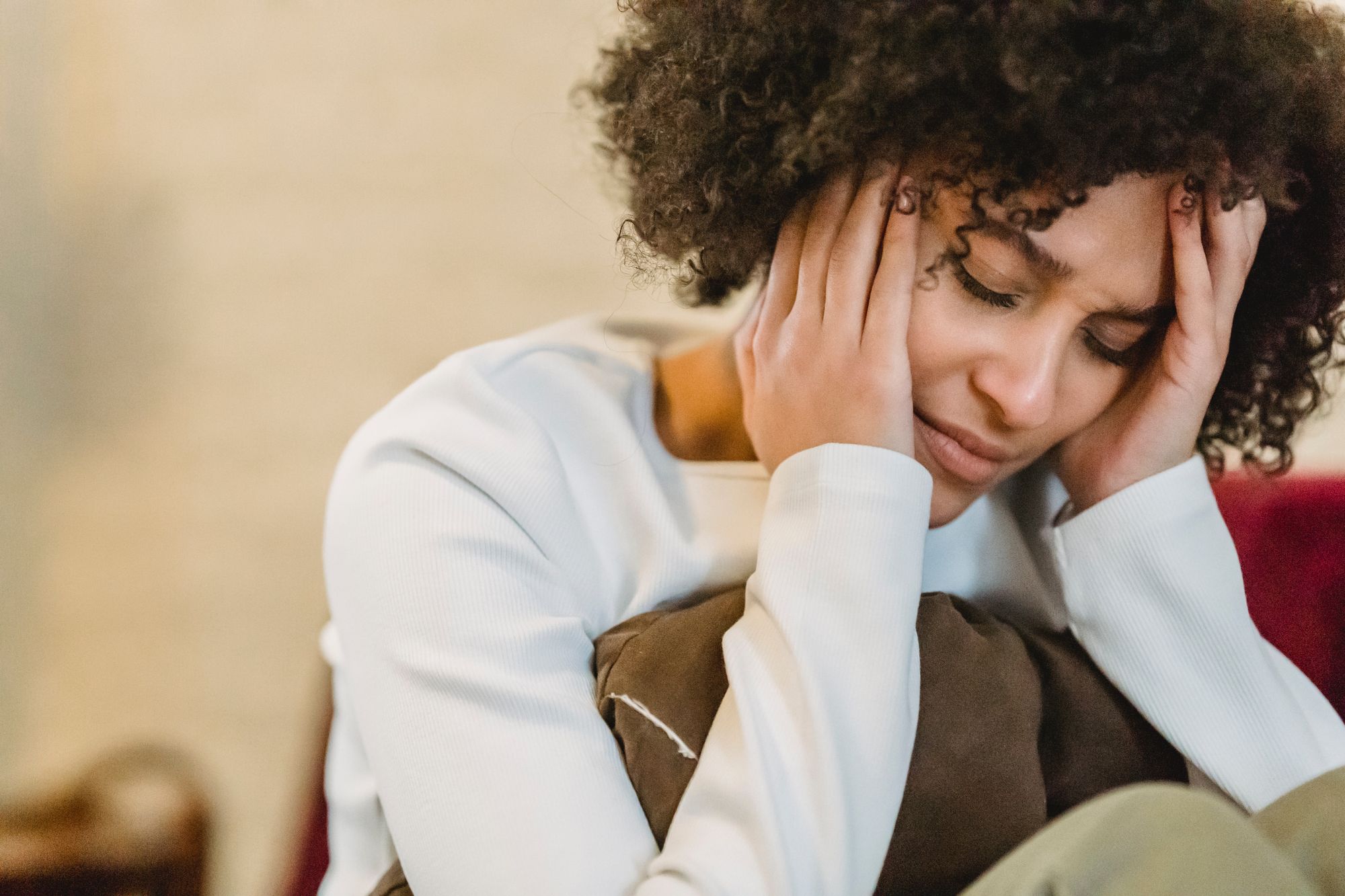Using Your Grief to Define You? Here’s Why You Shouldn’t

Ebony-Renee Baker
As mental health awareness (fortunately) continues to grow in our society, it has also, as a result, become easier for us to lean on our past traumas as an excuse for our actions and circumstances. But this isn’t a judgmental statement. As someone who lost a parent at 21 and continues to deal with the resulting anxiety, this self-aggrandizing behaviour is something that I’ve dealt with firsthand.
But in a world that normalises therapy-speak and pressures us to be ultra self-aware at all times, how can we learn to balance the heaviness of our pain (which we all inevitably have, bereaved or not), while allowing ourselves to be defined by more than just that?
Here are a few things I’ve learned – and continue to learn – on my journey of re-building through bereavement.
No one can be defined by a single thing; no matter how significant.
Boiling my identity down to “someone whose father died” is not only something I’d never do, but would also be incredibly unfair to the person I’ve become thanks to him, and as a result of the adversity I faced following his death.
With social media being a huge catalyst for Main Character syndrome (or as we called it in the olden days: narcissism), it can definitely be tempting to seek pity in my misfortune and/or perceive my every move on how my grief has impacted it. But it’s important to understand that even though our trauma does inform who we are, we shouldn’t have to lean all the way into it. In the same way that you might use crutches to support your stride, the rest of that strength ultimately does come from you.
Giving credit to your trauma can hinder the credit that’s due to you.
Losing my father in my early twenties forced me to grow up a lot faster than my peers, put my family through a lot of financial stress and was extremely traumatic; but in the years following, I’ve learned to see the world with a new perspective, work hard to achieve the things he would have wanted me to and to appreciate everything that I’m fortunate for.
In the words of poet Cleo Wade, “your life experiences are only as valuable as your ability to turn them into lessons.” In my case, if I believed my trauma was the reason I am who I am today, I’d be lying to myself. I am who I am because I faced my misfortune head-on with the intent to grow from it.
Wouldn’t you want to be guided by your loved one’s impact rather than their death?
While the above observations can relate to trauma of any kind, this final point is one that I’ve learned specifically with grief. Because the death of a loved one can often suppress your memories of them alive (in my case that’s definitely so) it can be easy to forget the positive ways they've helped you become who you are. Constantly focusing on the impact of their loss and your life without them in it doesn’t do anything to preserve the good they brought into the world. So, if you need any reason to remind yourself that you’re more than your grief, just take this one right here.
Ebony-Renee Baker is a Canadian writer and content creator based in the UK. She writes about topics including lifestyle, fashion, race, social issues and, yes, sometimes death.



